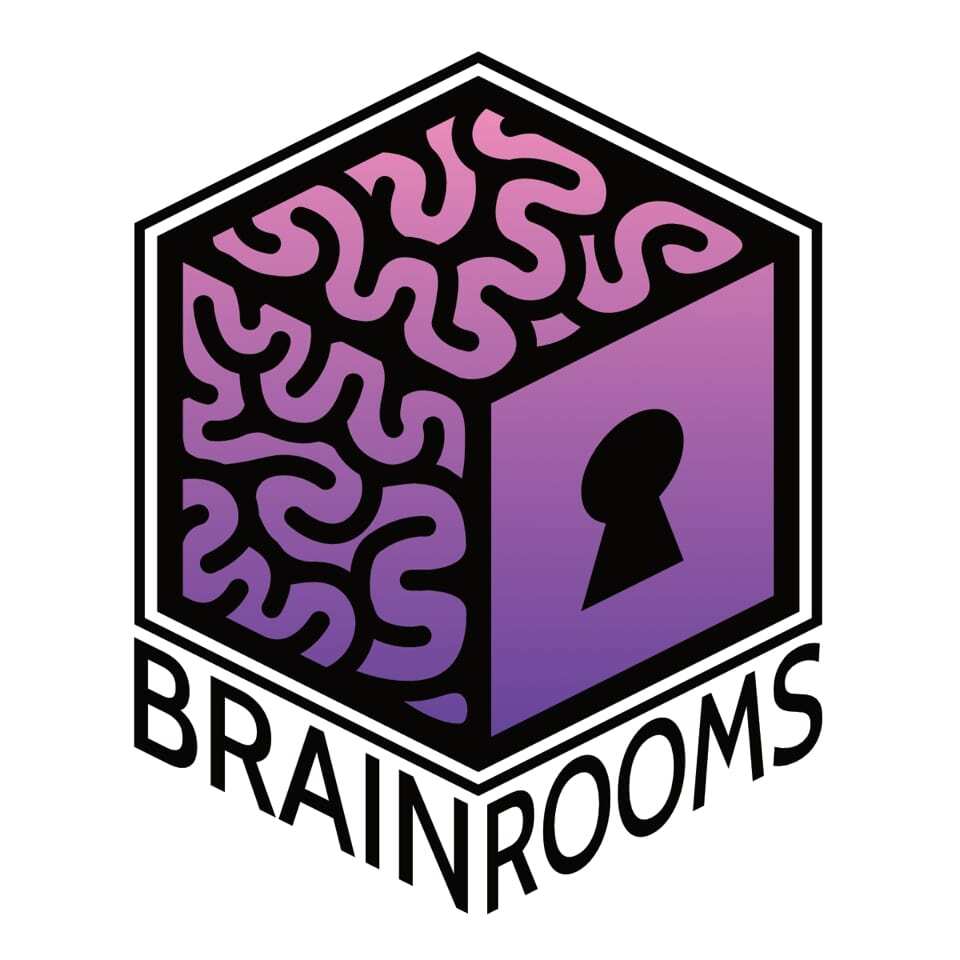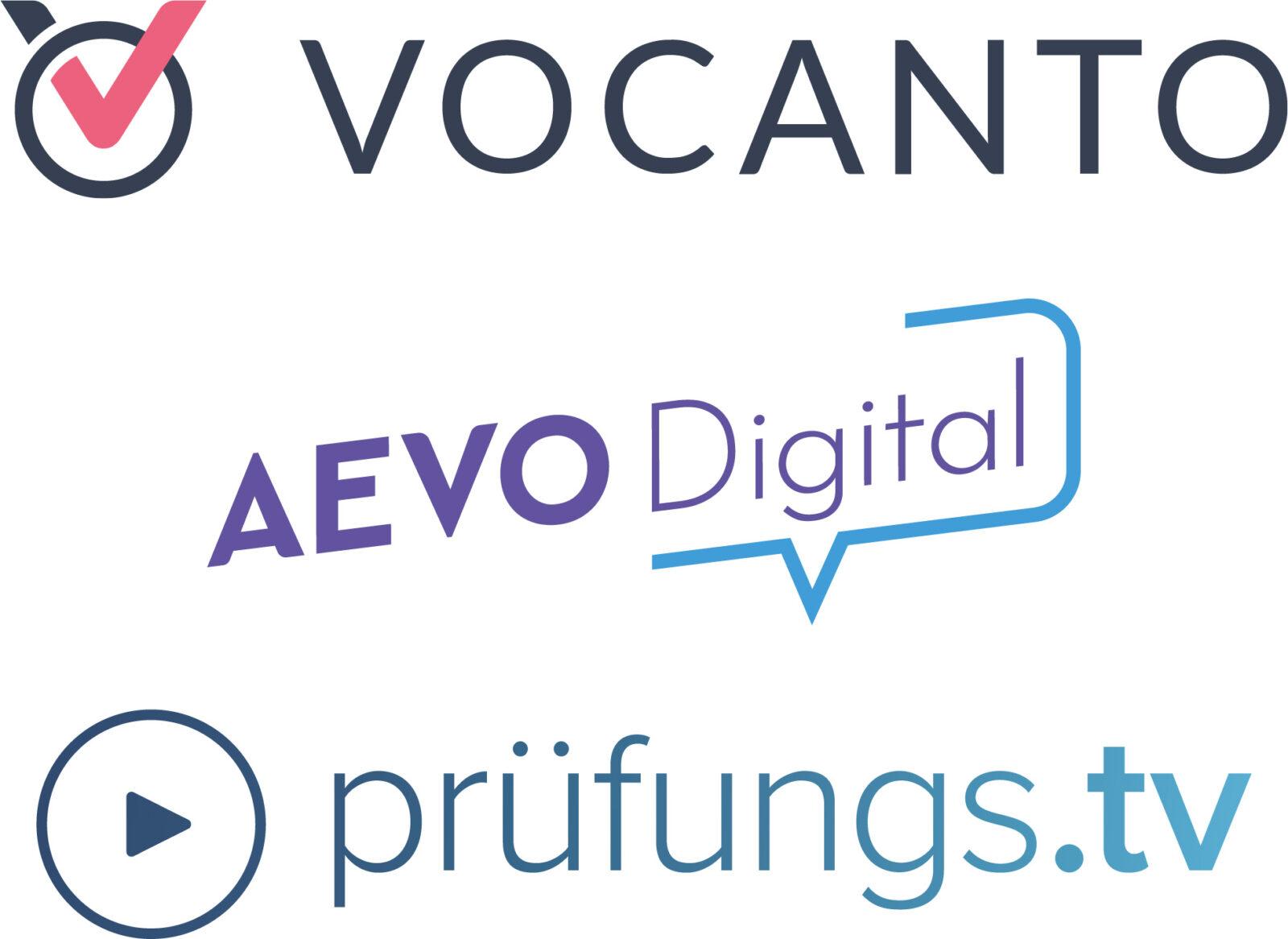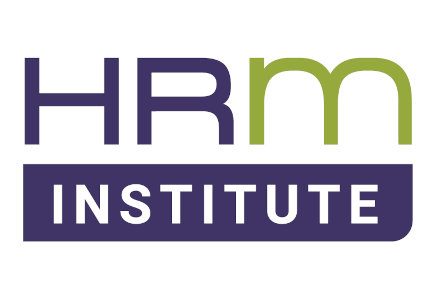Jeanne Beliveau-Dunn, former general manager Learning@Cisco and CEO and President of Claridad. Jeanne is recognized as one of “The Top 50 Most Powerful Women in Technology”.

Jeanne Beliveau-Dunn is the CEO and President of Claridad and is a 22-year veteran of Cisco systems. Over the past 10 years she was vice president and general manager for Cisco Systems Inc and ran Learning@Cisco as well as the strategy and operations for ITA services business producing industry leading growth and innovation. She also founded and chaired The Internet of Things Talent Consortium, a non-profit dedicated to building the next generation of digital success through developing new skills and an innovative culture. Jeanne is a recognized thought-leader on digital transformation the Internet of Things (IoT), the future of work as well as new technology enabled business models for education, business and government. The National Diversity Counsel recognized her as one of “The Top 50 Most Powerful Women in Technology”, in 2015. Jeanne is a five-time Stevie award winner and listed as one of the “2017 Women of M2M” (Machine to Machine) in Connected Magazine, for her leadership as a pioneer in IoT. She is also on the board of Xylem Inc a leading smart water company. She has a B.S. from University of Massachussets. She is also a certified NACD Fellow.
What is “Learning Innovation” (= Innovation in Learning) for you?
Learning Innovation is the continuous journey of pushing the boundaries of how we enable human transformation by offering and exploring information that can be assimilated, absorbed and productively used through every type of modality. It means the constant pursuit of exploring new ways to learn, teach, experience information that allows people to retain and use the knowledge needed for their desired task and outcome in any moment of time. We know that everyone likes to learn in their own unique way making it difficult to come up with one way to learn which works for everyone. That being the case, it becomes critical for learning professionals to build learning mechanisms that are diverse in their approach and that offer ways for individuals to customize or personalize their learning. The use of technology is often the path to rapid experimentation of learning modalities. Digital or virtual learning for live remote learning has been popular for some time but we see VR and AI based knowledge services that deliver in the moment information and training as being the next big area of innovation.
What was the concrete business value of learning at Cisco? Why did Cisco support the constant pursuit of new ways of learning, teaching and experiencing information?
Learning@Cisco provided the avenue to get full access to the best education on networking in the industry and the most recognized certification program in the industry. The L@C community also provides the networking community with substantial global access to their peers and other experts for mentoring, advice and peer networking. People who trained and certified with Cisco had better, high paying jobs and were sought out by management for increased opportunity.
I assume that the subject of learning will continue to occupy you in your new position. How do you enable people today to find new ways of learning?
I am always interested in the pursuit of human improvement and helping people reinvent themselves and have written a book on the topic called “I’m The Boss of Me” which is published on Amazon and through Pearson. I think the journey ahead with AI, big data and Robotics will change the landscape of jobs and knowledge and it will be even more important that individuals take charge of their careers and constantly re-invent themselves.
I am now my own business owner and consult in the area of IoT and digitization so my work in learning is now more about the work I do on my boards to help the talent agenda and to assist other companies in their pursuit of reinvention.
What are your challenges and goals – strategies / projects and programs in the field of learning and working?
Most of what I work on now is to help other companies come up with the right business plans and organizational imperatives to reach their goals as a senior executive serving boards and we are constantly tuning leadership development programs, creating new ecosystems for next generation of talent in Data and AI and also working to reskill the current workforce for the job ahead.
That sounds very exciting. Is it possible to give an example here? What does a new ecosystem for learning look like in concrete terms? What is different than in the past? Where exactly can Learning Analytics and AI contribute to better learning experiences? Many questions – but they all go in the same direction 🙂
Today’s ecosystem for talent looks somewhat like what has been done in the past but with some new additions – university relationships and investments, private public partnerships that drive new types of talent with incentives, in-house talent reskilling through curated and procured learning assets, incubation initiatives with start-ups and commercial learning partners and if you can invest additional resources then I highly recommend an in-house or third party relationship that can provide a video recording and editing team to capture best in class experts information and scale it over VR/AR. It needs to be an onsite and easy to access resource for your learning production teams and convenient for your experts to use.
What do companies, organizations and educational institutions have to do to implement learning innovations?
It’s important to stay ahead of what learners want and what technology is available and delivers a good user experience overall. Technology is very helpful in finding the correct content to serve up to learners needs and there are new ways to change and develop more immersive experiences which will create new opportunities to improve learning.
And how will this affect the role of learning & development? Do we still need their expertise or will learning professionals be replaced by intelligent learning algorithms, search engines, curation tools and recommendation engines?
By nature of the things, humans will have to be the decision makers of how they choose to learn and by nature of that humans will also need to be the sense makers of what makes sense for individuals to learn in a job and do the job task decision making. That being said, there is a lot of room for improvement on how we get data on how people learn and how we use the data so AI will help us be better learning professionals and leaders in developing our teams.
In my view, we can use artificial intelligence and learning data to make learning processes, traces and patterns visible. Without this data-based visibility, we would not be able to observe many learning events. I can imagine that this visualization of learning can help to design better learning processes and better understand learning per se.
But let’s move on to our final question: What challenges are you currently facing (both enjoyable and strenuous)? What do you want to deal with in the coming years?
My challenges are like everyone else’s. Staying ahead of change and being proactive with learning and experiencing different things are always a priority. These days that means both focus on the right areas but also getting direct experience working with things that interest me. I find that being willing to learn, adapt, try new things is essential to personal growth and happiness and that is my lifelong journey. A big part of this is having a plan and holding yourself accountable to exploring, learning and diving off the deep end occasionally to get a chance to fully understand new spaces that interest me and help me to help my companies succeed.
And which people or sources inspire you? Where do you think we should look to see the innovative developments? Where are our innovation drivers?
I am inspired by innovators of all types. Those that create technology, those that find clever uses of technology and those that teach about technology and inspire others to learn and grow in this space inspire me every day. I am most impressed with those who are not afraid of trying new things and consider failure as part of the learning curve but use failure to motivate them and get them to the place they can be successful. Resiliency is key to innovation!
Dear Jeanne, thank you very much for your insights and for sharing your experiences.
Jeanne Beliveau-Dunn, Keynote Swiss eLearning Conference 2013
Interview: Daniel Stoller-Schai, Head Advisory Board LEARNING INNOVATION Conference
Quelle:
Dieses Interview erschien zuerst in dem Sammelband “10 Jahre Learning Innovation Conference – 22 Interviews”. Hrsg. von Alexander Petsch und Dr. Daniel Stoller Schai, HRM Research Institute 2019.
Lesen Sie mehr Interviews zum Thema “Learning Innovation”:
Der Einsatz von Technologien kann nie Selbstzweck sein














